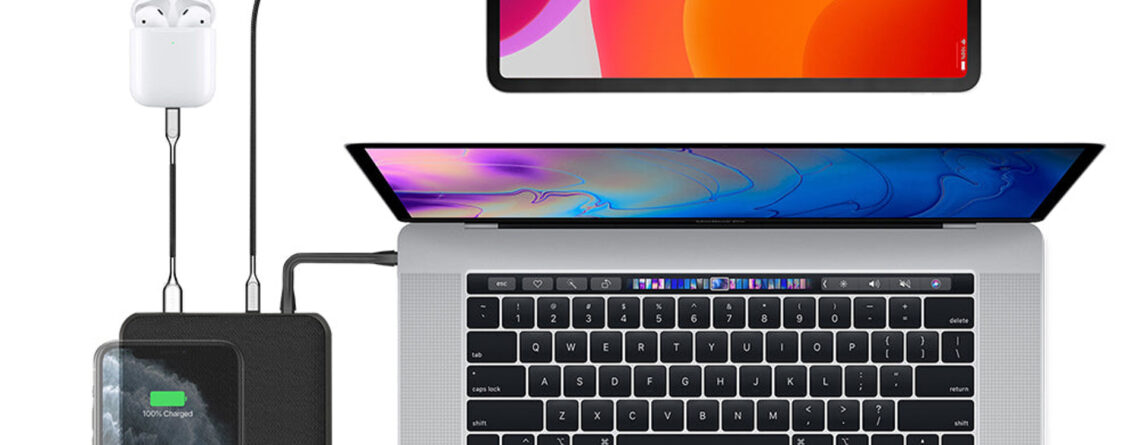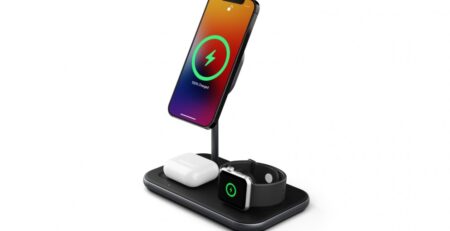Introduction:
Wireless charging has revolutionized how we recharge our devices, providing a convenient and cable-free solution. As wireless charging becomes increasingly prevalent, it is important to understand its impact on battery technology. In this expert-level article, we will delve into wireless charging, focusing on the renowned brands Cygnett and Belkin. By examining the advancements made by these brands and the implications for battery technology, we aim to provide valuable insights into the impact of wireless charging.
The Rise of Wireless Charging:
Wireless charging has gained popularity, offering a more convenient and user-friendly charging experience. Cygnett and Belkin have emerged as leading brands in the wireless charging market, showcasing their expertise in creating innovative charging solutions.
Inductive Charging Technology:
Wireless charging operates on the principle of inductive charging. Cygnett and Belkin utilize this technology to transfer energy from the charging pad to the device wirelessly. This technology relies on electromagnetic fields and induction coils to facilitate power transfer.
Battery Efficiency and Longevity:
One of the key concerns regarding wireless charging is its impact on battery efficiency and longevity. However, both Cygnett and Belkin have prioritized the development of wireless chargers that optimize battery performance. These chargers feature intelligent charging algorithms and advanced power management systems to ensure efficient charging while minimizing unnecessary stress on the battery.
Fast Charging Capabilities:
Wireless charging technology has made significant strides in terms of charging speed. Cygnett and Belkin have introduced fast charging capabilities in their wireless chargers, allowing users to recharge their devices quickly and efficiently. This ensures that users can enjoy the convenience of wireless charging without compromising on charging speed.
Heat Management:
Heat management is critical to wireless charging, as excessive heat can negatively impact battery health. Cygnett and Belkin have implemented advanced heat dissipation mechanisms in their wireless chargers to prevent overheating. These mechanisms regulate temperature and ensure the charging process remains safe and efficient.
Compatibility and Flexibility:
Cygnett and Belkin offer wireless chargers compatible with a wide range of devices, including smartphones, tablets, and wearables. This compatibility and flexibility make wireless charging a versatile solution for various devices, enabling users to conveniently charge multiple devices with a single charger.
Future Innovations:
As technology continues evolving, Cygnett and Belkin are actively investing in research and development to drive further advancements in wireless charging and battery technology. This includes exploring new materials, optimizing power transfer efficiency, and integrating wireless charging into a broader range of devices.
Conclusion:
Wireless charging has significantly impacted battery technology, offering a convenient and efficient way to recharge our devices. Brands like Cygnett and Belkin have played a pivotal role in driving innovation in the wireless charging market, prioritizing battery efficiency, heat management, and compatibility. As wireless charging continues to evolve, we can expect further advancements that will enhance the user experience and propel the growth of this technology.







Leave a Reply